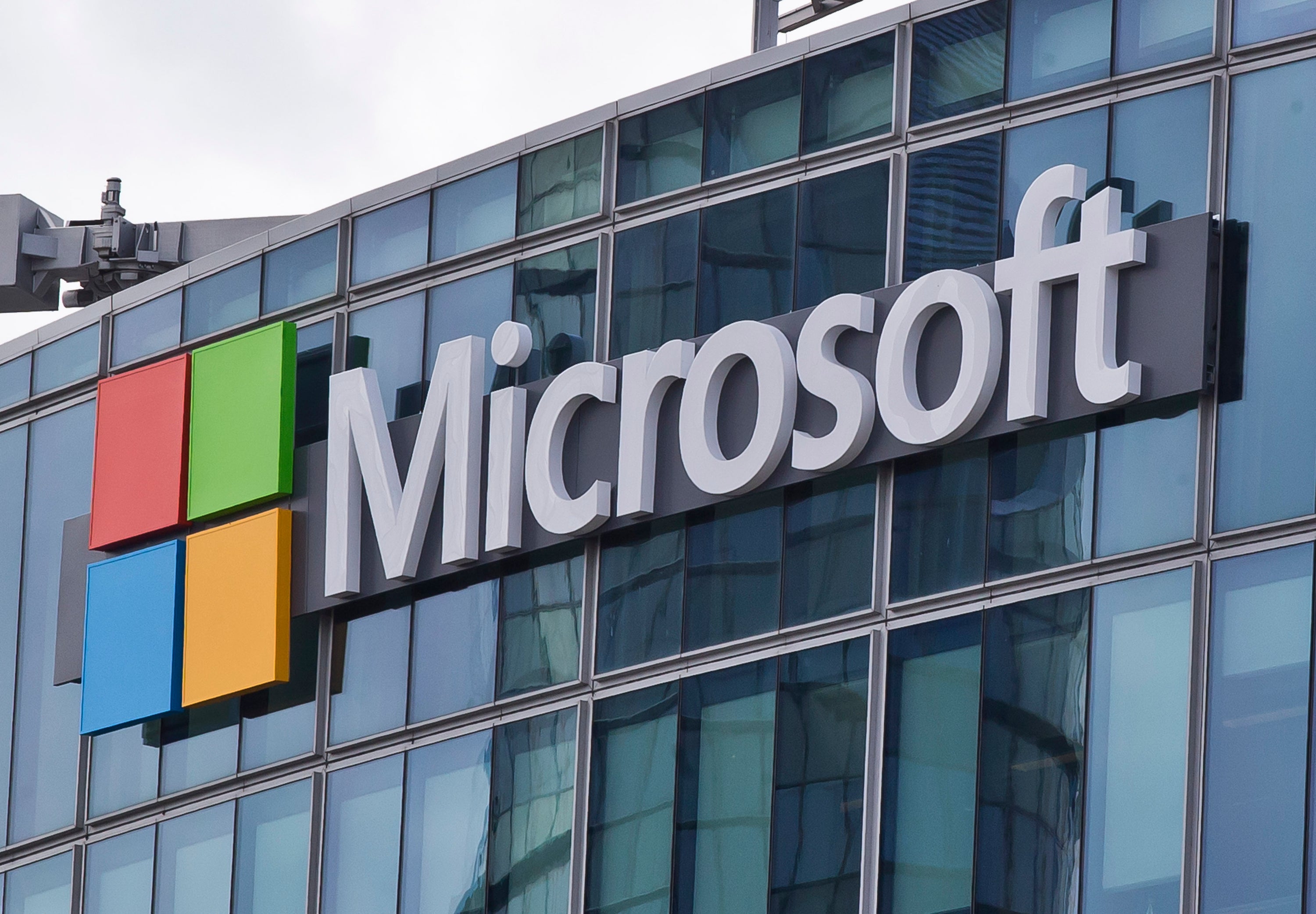Cyber criminals are increasingly helping Russia and China target the US and allies, Microsoft says
Russia, China and Iran are expanding their partnerships with cyber criminals to conduct cyberespionage and cyberattacks against the U.S. and other nations, according to a new report from Microsoft

Russia, China and Iran are increasingly relying on criminal networks to lead cyberespionage and hacking operations against adversaries like the U.S., according to a report on digital threats published Tuesday by Microsoft.
The growing collaboration between authoritarian governments and criminal hackers has alarmed national security officials and cybersecurity experts who say it represents the increasingly blurred lines between actions directed by Beijing or the Kremlin aimed at undermining rivals and the illicit activities of groups typically more interested in financial gain.
In one example, Microsoft's analysts found that a criminal hacking group with links to Iran infiltrated an Israeli dating site and then tried to sell or ransom the personal information it obtained. Microsoft concluded the hackers had two motives: to embarrass Israelis and make money.
In another, investigators identified a Russian criminal network that infiltrated more than 50 electronic devices used by the Ukrainian military in June, apparently seeking access and information that could aid Russia's invasion of Ukraine. There was no obvious financial motive for the group, aside from any payment they may have received from Russia.
For nations like Russia, China, Iran and North Korea, which has its own ties to hacking groups, teaming up with cybercriminals offers a marriage of convenience with benefits for both sides. Governments can boost the volume and effectiveness of cyber activities without added cost. For the criminals, it offers new avenues for profit and the promise of government protection.
“We’re seeing in each of these countries this trend towards combining nation-state and cybercriminal activities,” said Tom Burt, Microsoft's vice president of customer security and trust.
So far there is no evidence suggesting that Russia, China or Iran are sharing resources with each other or working with the same criminal networks, Burt said. But he said the growing use of private cyber “mercenaries” shows how far America's adversaries will go to weaponize the internet.
Microsoft's report analyzed cyber threats between July 2023 and June 2024, looking at how criminals and foreign nations are using hacking, spear phishing, malware and other techniques to gain access and control over a target's system. The company says its customers face more than 600 million such incidents every day.
Russia focused much of its cyber operations on Ukraine, trying to gain entry into military and government systems and spreading disinformation designed to undermine support for the war among its allies.
Ukraine has responded with its own cyber efforts, including one last week that knocked some Russian state media outlets offline.
Networks tied to Russia, China and Iran have also targeted American voters, using fake websites and social media accounts to spread false and misleading claims about the 2024 election. Analysts at Microsoft agree with the assessment of U.S. intelligence officials who say Russia is targeting the campaign of Vice President Kamala Harris, while Iran is working to oppose former President Donald Trump.
Iran has also hacked into Trump's campaign and sought, unsuccessfully, to interest Democrats in the material. Federal officials have also accused Iran of covertly supporting American protests over the war in Gaza.
Russia and Iran will likely accelerate the pace of their cyber operations targeting the U.S. as election day approaches, Burt said.
China, meanwhile, has largely stayed out of the presidential race, focusing its disinformation on down-ballot races for Congress or state and local office. Microsoft found networks tied to Beijing also continue to target Taiwan and other countries in the region.
In response, a spokesperson for China's embassy in Washington said allegations that China partners with cybercriminals are groundless and accused the U.S. of spreading its own “disinformation about the so-called Chinese hacking threats."
In a statement, spokesperson Liu Pengyu said that “our position is consistent and clear. China firmly opposes and combats cyber attacks and cyber theft in all forms."
Russia and Iran have also rejected accusations that they're using cyber operations to target Americans. Messages left with representatives of those three nations and North Korea were not immediately returned on Monday.
Efforts to disrupt foreign disinformation and cyber capabilities have escalated along with the threat, but the anonymous, porous nature of the internet sometimes undercuts the effectiveness of the response.
Federal authorities recently announced plans to seize hundreds of website domains used by Russia to spread election disinformation and to support efforts to hack former U.S. military and intelligence figures. But investigators at the Atlantic Council's Digital Forensic Research Lab found that sites seized by the government can easily and quickly be replaced.
Within one day of the Department of Justice seizing several domains in September, for example, researchers spotted 12 new websites created to take their place. One month later, they continue to operate.
Bookmark popover
Removed from bookmarks